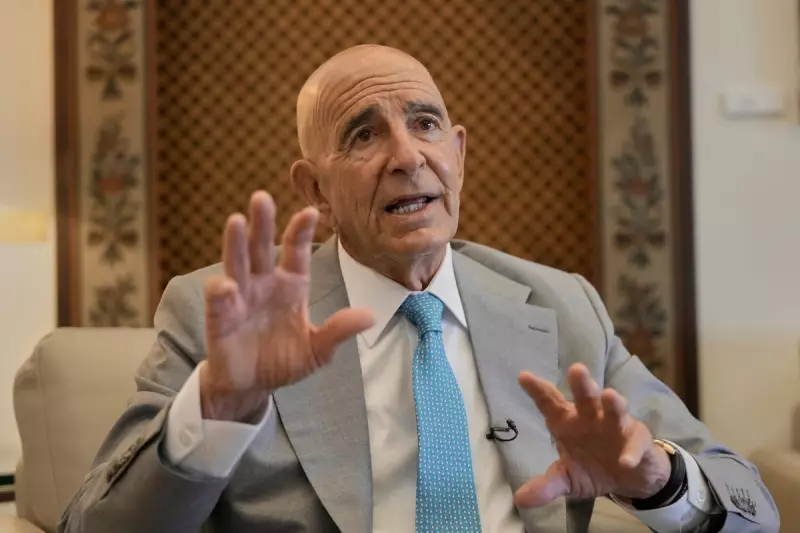
Israeli warplanes launched a rare daylight airstrike on a building near Damascus on Monday, killing at least one Iranian military adviser and wounding several others. The attack marks a significant escalation in Israel's ongoing campaign against Iranian-linked targets in Syria.
According to Syrian state media, the strike hit a residential building in the Kafr Sousa district – a heavily guarded area housing intelligence offices and senior officials. While Israel has not officially claimed responsibility, the attack aligns with its long-standing policy of preventing Iranian entrenchment in Syria.
Growing Regional Tensions
The strike comes amid heightened tensions across the Middle East. Analysts suggest Israel may be testing Syrian air defences following recent attacks from Lebanon and Yemen. "This daylight operation sends a clear message," said Middle East security expert Dr. Leila Hassan. "Israel is demonstrating its ability to strike high-value targets regardless of timing."
Iranian Presence in Syria
Iran maintains significant military influence in Syria, supporting President Bashar al-Assad's regime. Israel has conducted hundreds of strikes against suspected Iranian targets since 2011, but most occur under cover of darkness. Monday's bold daytime attack suggests either improved intelligence or a deliberate show of force.
Syrian air defences reportedly intercepted some missiles, but eyewitnesses described massive explosions that shattered windows across central Damascus. The targeted building was completely destroyed, with rescue teams working through rubble to locate survivors.
International Response
The attack has drawn condemnation from regional allies of Syria and Iran. Russian officials called for restraint, while the US State Department declined to comment directly on the strike. UN Secretary-General António Guterres expressed concern about escalating violence in the region.
This incident follows weeks of cross-border skirmishes between Israel and Hezbollah along the Lebanon border, raising fears of a broader regional conflict. With peace talks stalled and multiple proxy wars ongoing, analysts warn the Middle East remains dangerously volatile.





